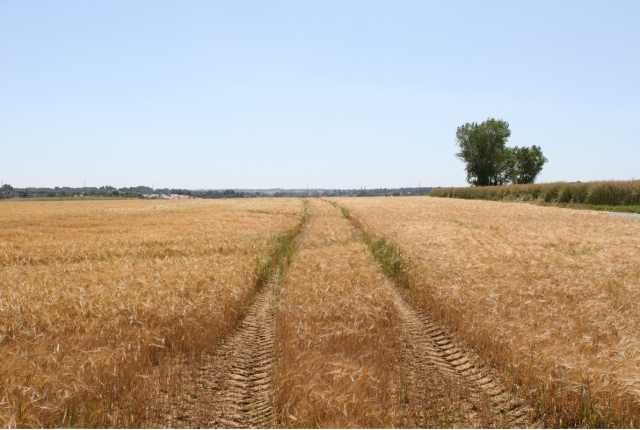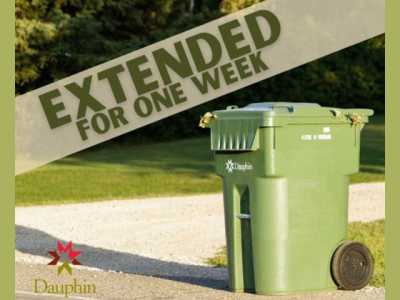There has been more uncertainty in farmers’ decision making this year as trade issues, and commodity price drops have their effects.
Jim Kaleta, the owner of Dauphin Plains Seeds Limited, says most producers are sticking with their rotations, but there is a slight shift to growing other commodities.
“We’ve seen increased interest in barley, some in oats, and also some in flax seed. Guys are looking to diversify some of their cropping plans to hopefully have things that are going to move and help them with their cash flow needs come this winter.”
Heading into this growing season farmers are dealing with higher costs and lower commodity prices.
“Commodities have went down. We’ve also seen increases in costs. Nobody has to tell anybody out there what’s happening with prices of energy. The diesel fuel gas and stuff has taken off.” He continues saying the gas does not match the barrel price or the foreign exchange rate very well. Higher energy prices have also pushed up farmers’ fertilizer prices. The carbon tax will indirectly affect farmers. From trucking, to parts, to machinery equipment deliveries there are added costs to producers.
On the weather side of things, Kaleta says he hasn’t heard many complaints about the weather conditions around the Parkland. He does not think too many people are worried about moisture levels. Although he says cattle producers might be a little more concerned, especially in areas east of Dauphin. “Eddystone, through that way where it was extremely dry there last summer and again last fall. They are going to need moisture to help their forage crops along.”
Kaleta noted there are concerns further west, noting people who have travelled west of Regina to Calgary said there was hardly any snow or moisture most winter.







